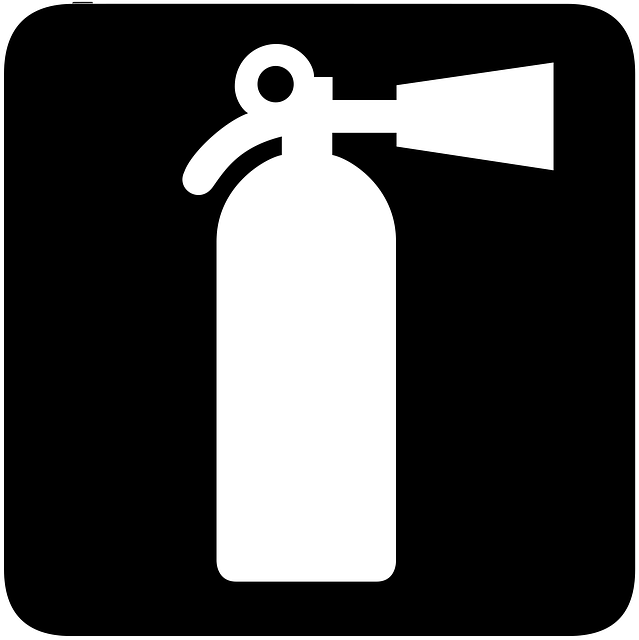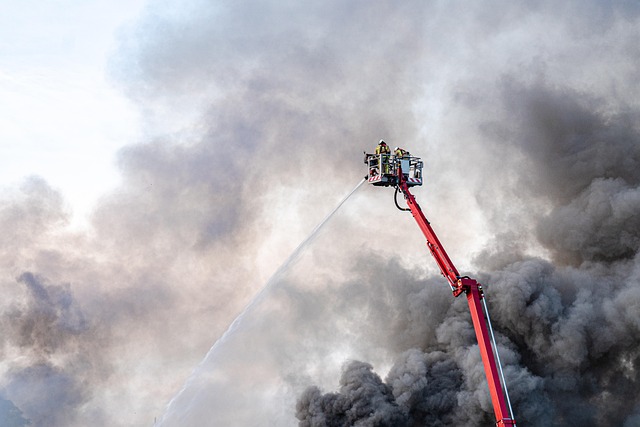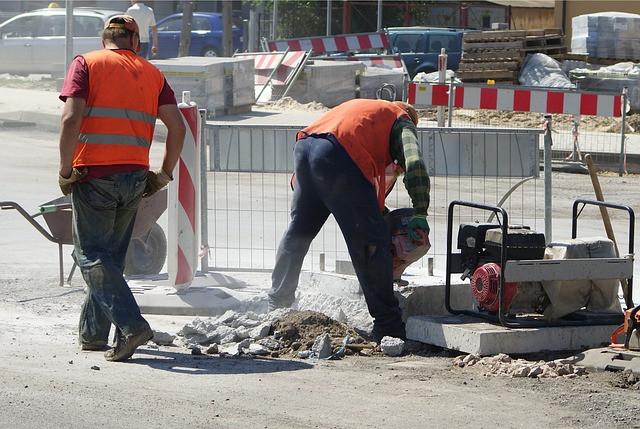Substance abuse in the hospitality sector poses significant risks, impacting both employees and businesses. The industry's demanding nature increases the likelihood of misuse, leading to decreased productivity, absenteeism, safety concerns, and potential reputational damage. To mitigate these issues, hospitality businesses must implement rigorous screening procedures and prioritize employee well-being. Adhering to legal requirements for substance abuse screening is crucial to avoid fines, reputation damage, and legal repercussions. This includes pre-employment checks, random drug testing, post-hire monitoring, clear communication of policies, and education on prevention. Fostering a culture of compliance creates a safer, more productive work environment while maintaining the industry's positive public image.
The hospitality industry, known for its vibrant atmosphere and high-touch service, faces unique challenges regarding substance abuse. This comprehensive guide explores the crucial aspect of screening hospitality workers for potential drug and alcohol issues, a vital step in ensuring workplace safety and legal compliance. We delve into the impact on the industry, regulatory requirements, effective screening methods, post-hire monitoring, privacy considerations, and best practices to foster a culture of responsible hospitality industry compliance.
- Understanding the Impact of Substance Abuse in the Hospitality Industry
- Legal and Compliance Requirements for Screening
- Effective Pre-Employment Screening Strategies
- Post-Hire Monitoring and Random Testing Programs
- Addressing Privacy Concerns and Employee Rights
- Best Practices for Creating a Culture of Compliance
Understanding the Impact of Substance Abuse in the Hospitality Industry

Substance abuse among hospitality workers can have far-reaching consequences, impacting not only individuals but also the industry as a whole. The hospitality industry, known for its bustling and often demanding nature, faces unique challenges when it comes to employee well-being. High stress levels, long working hours, and dynamic shift patterns can contribute to an increased risk of substance misuse, leading to potential compliance issues within the sector.
When left unaddressed, substance abuse can result in decreased productivity, higher absenteeism, and even safety hazards in a work environment that demands alertness and quick decision-making. Moreover, it may reflect poorly on the industry’s public image, especially as guests increasingly seek out responsible and compliant businesses. Therefore, implementing robust screening practices and promoting a culture of support and awareness is vital for maintaining a healthy, safe, and compliant hospitality workforce.
Legal and Compliance Requirements for Screening

In the hospitality industry, adhering to legal and compliance requirements for substance abuse screening is not just a best practice—it’s an operational necessity. Employers must navigate a complex web of regulations designed to protect both workers’ privacy and public safety. These laws vary by jurisdiction but generally mandate that employers implement robust screening programs as part of their broader health and safety initiatives. Failure to comply can result in significant fines, damage to the employer’s reputation, and even legal repercussions.
Compliance involves obtaining informed consent from employees, ensuring due process during the screening process, and maintaining strict confidentiality. Employers must also offer counseling and support services for those who test positive, demonstrating a commitment to their well-being beyond the initial screening. By prioritizing hospitality industry compliance, businesses not only meet legal obligations but also foster a culture of trust, accountability, and overall employee welfare.
Effective Pre-Employment Screening Strategies

In the hospitality industry, ensuring compliance and maintaining a safe working environment is paramount, especially when addressing substance abuse issues. Effective pre-employment screening strategies play a pivotal role in achieving this goal. One powerful method is implementing comprehensive background checks that go beyond traditional credit score assessments. These checks should include verifying previous employment records, checking for any legal history related to drug offenses, and utilizing third-party verification systems to confirm the authenticity of educational qualifications and work experience.
Additionally, incorporating substance abuse screening tests as part of the onboarding process is essential. This can involve random drug testing or pre-employment assessments to identify potential risks early on. By adopting these strategies, hospitality employers can foster a culture of accountability and responsibility, ensuring that their staff adhere to industry compliance standards and maintain high safety and service quality standards.
Post-Hire Monitoring and Random Testing Programs

In the hospitality industry, ensuring compliance with substance abuse policies is paramount for maintaining a safe and professional work environment. Post-hire monitoring and random testing programs play a pivotal role in this regard. These initiatives serve as powerful tools to detect any potential issues among newly hired workers, who may not have been screened during the initial recruitment process. By implementing periodic drug tests, employers can identify undisclosed substance abuse problems early on, allowing for timely intervention and support.
Random testing, in particular, adds an element of unpredictability, deterring employees from engaging in prohibited activities. It helps maintain a culture of integrity and accountability within the workplace. Moreover, these programs facilitate ongoing compliance with legal requirements, as many jurisdictions mandate such measures to safeguard public health and safety, especially in customer-facing roles. Effective monitoring and testing strategies are essential for upholding high standards in the hospitality industry.
Addressing Privacy Concerns and Employee Rights

In the hospitality industry, screening for substance abuse among employees is a delicate matter that requires careful navigation to balance effective risk management with respecting employee privacy and rights. It’s crucial to implement robust compliance measures while adhering to legal frameworks like the Americans with Disabilities Act (ADA) and relevant local regulations. Hotels and restaurants must ensure their drug-testing policies are clearly communicated, non-discriminatory, and proportional to the potential risks.
Privacy concerns should be at the forefront of these processes. Employees have a right to confidential handling of personal health information. This means securing test results, ensuring only authorized personnel can access records, and providing clear opt-out options without adverse treatment. By prioritizing transparency, fairness, and legal compliance, hospitality businesses can create a supportive environment for employees while maintaining operational integrity.
Best Practices for Creating a Culture of Compliance

Creating a culture of compliance within the hospitality industry is paramount in ensuring safe and responsible operations. One of the best practices involves implementing robust pre-employment screening processes that go beyond basic background checks. This includes utilizing advanced technologies for drug testing, such as oral fluid or hair analysis, which offer more accurate results compared to traditional urine tests. Regular, random, and targeted drug screenings should be part of the standard protocol, especially for positions with high-risk potential, like those in bartending or security.
Moreover, providing comprehensive training sessions on substance abuse prevention and policy is crucial. These programs should educate workers about the dangers of abuse, company policies, and available resources for support and treatment. Encouraging open dialogue through anonymous feedback systems and regular town hall meetings fosters an environment where employees feel comfortable discussing challenges without fear of stigma or retaliation. Such initiatives not only promote individual well-being but also contribute to a safer, more productive workplace across the hospitality industry.






